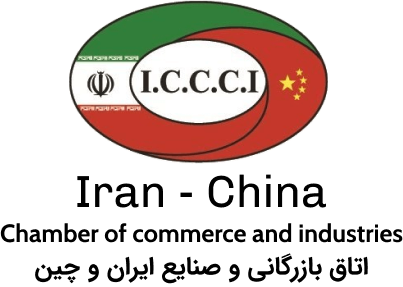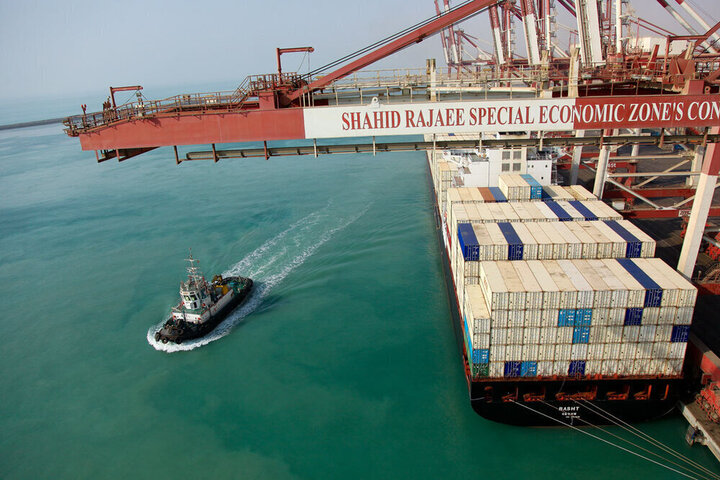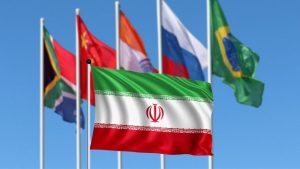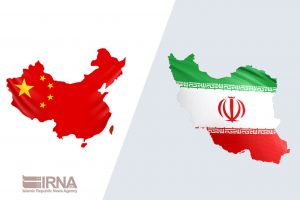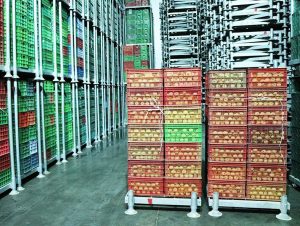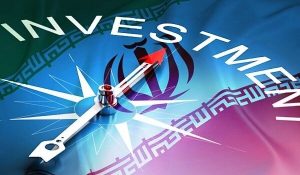Deputy head of the Ports and Maritime Department of Hormozgan province, southern Iran, said that more than 1.5 million metric tons of general cargo were unloaded and loaded in Shahid Rajaei port in the year to March 19.
According to the official, a total of 1.607 metric tons of goods were unloaded and loaded in Shahid Rajaei port, which is nearly 500,000 metric tons more than the same time last year.
In the container operation section, the transport of 2,116,000 TEU (20 feet container) was registered with an eight percent increase, he added.
During the last Iranian calendar year, more than 83 million metric tons goods were of unloaded and loaded in Shahid Rajaei port, which has increased by nine percent compared to the same period last year.
Enjoying the most modern container terminals and port equipment, Shahid Rajaei accounts for 85 percent of the total loading and unloading at the Iranian ports.
Given its significant role in the country’s import and export of products as well as transit and transshipment via Iran, the development of Shahid Rajaei Port has been among the most important development projects in the country.
While Iran is combating the US unilateral sanctions on its economy, the country’s ports as the major gates of exports and imports play a significant role in this battle. This role makes all-out support to ports and more development of them serious and vital.
Such necessity has led the government to define projects for more development of the ports and also take some measures to encourage investment making in ports, in addition to facilitating the loading and unloading of goods, especially basic commodities, there.
Iran’s Ports and Maritime Organization (PMO) has defined a high number of projects to develop and improve the country’s ports, as the country aims to double the capacity of its ports in five years.
According to the PMO, the capacity of the country’s ports has increased from 180 million tons in the Iranian calendar year 1392 (ended in March 2014) to 250 million tons in 1399 (ended in March 2021).
